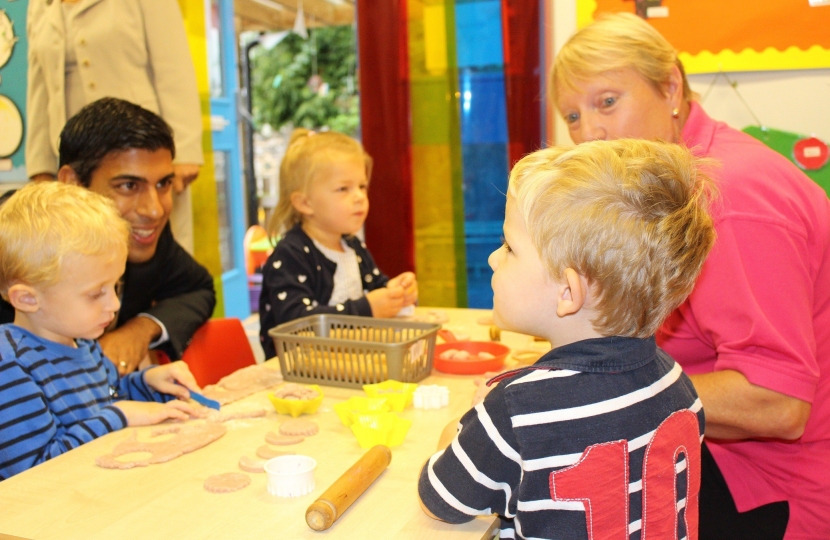
The average smartphone user in the UK uses their device for more than two hours daily – or ten minutes in every waking hour.
For most of us, that’s perhaps not very surprising. But for a very significant minority of users – typically in rural areas – it will be because they can’t always use their phones owing to a poor or non-existent signal.
I made this point in opening my contribution to last week debate on the Government’s Digital Economy Bill to stress the importance of good connectivity to everyday life – something that people in large towns and cities largely take for granted.
The Bill contains a raft of sensible measures to improve broadband and phone connectivity and protection against spam email, nuisance calls and online pornography.
My speech concentrated on the importance of improving network coverage in rural areas and stressed the imperative of forcing the mobile networks to up their game, particularly when it comes to negotiating the next round of licences for the introduction of 5G and the conditions attached to those new licences.
5G presents the Government with the opportunity to do what has been done in Australia with networks having to share their coverage in difficult to reach places, and in Germany where networks have been told to improve the networks in rural areas first before moving on to the easier, more profitable urban areas.
I think there was a degree of consensus in the House about these issues and I hope they will be taken up. In the meantime, I will continue to push hard so that as many people as possible in my constituency have the connectivity they deserve in the digital age.
At Eppleby last Friday, I was most impressed to hear about how a small community worked out a way to keep their village school open.
Faced with falling rolls and, ultimately, the closure of the school which had been the heart of the village for more than a hundred years, they teamed up with the bigger school at nearby Middleton Tyas to form a federation and share resources and expertise.
I had the honour of performing the official opening ceremony at the Eppleby Forcett early years setting where all the two to five year olds from Eppleby, Forcett and Middleton Tyas attend before going up to the “big school” at Middleton Tyas at five.
While the new arrangement does involve some travelling between the schools, it has safeguarded the future of the school at Eppleby and also that more children of the same age are taught in their appropriate age groups.
There are a number of other similar federations of primary schools in the constituency and I think they have much to commend them as ways of preserving the benefits of our village school network.
We have had some cracking weather for this summer’s agricultural shows and Stokesley last Saturday was no exception. I had a great afternoon with my family at this superbly organised event. Well done to all concerned with making the day such a success.
